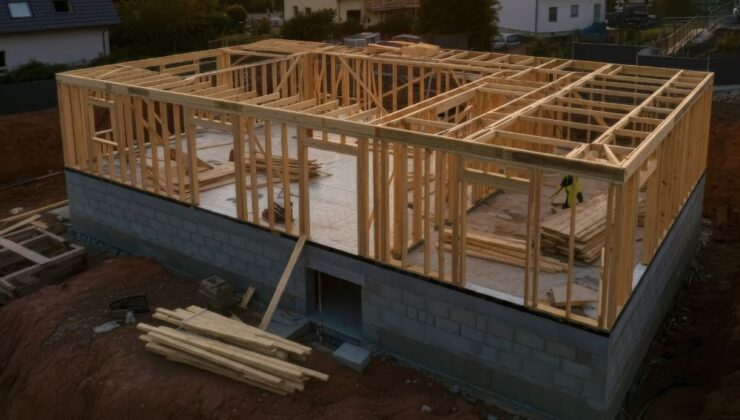

As immigration crackdowns intensify, the US construction industry is once again feeling the strain of labor shortages. A recent New York Times article highlights the anxiety surrounding deportation, which has resulted in many immigrant workers – particularly those without documentation – steering clear of job sites.
Stephanie Beninati, an insurance consultant specializing in contractor and builder risk, confirms the immediate and significant impact on risk planning. “Insurance providers are adjusting by restricting coverage,” Beninati explained. “This issue is not new – we faced similar challenges decades ago, and history is repeating itself.”
Beninati has observed experienced business leaders opting for early retirement due to the escalating uncertainty. The repercussions are widespread: reduced labor forces, a surge in construction defect claims, and stricter underwriting standards from insurers wary of high-risk projects.
“One client, who specializes in concrete work, foresaw this years ago,” Beninati noted. “He predicted a surge in construction defects because trained second- and third-tier subcontractors were dwindling. By 2020 and 2021, his predictions proved accurate, as I received multiple calls monthly regarding defect claims.”
COVID-19 has exacerbated these challenges, with backlog issues compounding the situation. Beninati recounted a defect claim that stretched over nearly five years, culminating in a payout between $700,000 and $800,000.
As defect risks escalate, so too do legal expenses, particularly in the luxury construction sector. “People are investing in homes valued at $5 million to $10 million,” she remarked. “They are hiring attorneys at rates of $500 an hour, and some clients are attorneys themselves.” In response, insurers are either capping coverage or completely withdrawing from insuring high-end homes. Initial limits were set at $5 million, but they’ve since decreased to $4 million and continue to decline.
Beninati advises business owners and agents to exercise extreme caution. “Even for renewals, thoroughly review the entire policy each time,” she urged. “A minor change could leave you uninsured, leading to an Errors & Omissions (E&O) predicament.”
While larger construction firms may not immediately notice the impact, the repercussions for second- and third-tier subcontractors – often the most vulnerable and undocumented workers – could inflict lasting damage on the industry.
“This issue transcends insurance,” Beninati emphasized. “It concerns the consequences of a vanishing skilled workforce and the industry’s unpreparedness for the resulting fallout.”
ENGLİSH
4 gün önceSİGORTA
4 gün önceSİGORTA
4 gün önceSİGORTA
7 gün önceSİGORTA
9 gün önceSİGORTA
9 gün önceDÜNYA
18 gün önce 1
Elon Musk’s Father: “Admiring Putin is Only Natural”
11520 kez okundu
1
Elon Musk’s Father: “Admiring Putin is Only Natural”
11520 kez okundu
 2
xAI’s Grok Chatbot Introduces Memory Feature to Rival ChatGPT and Google Gemini
10496 kez okundu
2
xAI’s Grok Chatbot Introduces Memory Feature to Rival ChatGPT and Google Gemini
10496 kez okundu
 3
Minnesota’s Proposed Lifeline Auto Insurance Program
9450 kez okundu
3
Minnesota’s Proposed Lifeline Auto Insurance Program
9450 kez okundu
 4
Introducing Vivo Y300 Pro+: A Blend of Power and Affordability
7392 kez okundu
4
Introducing Vivo Y300 Pro+: A Blend of Power and Affordability
7392 kez okundu
 5
What’s the best car insurance for seniors?
6048 kez okundu
5
What’s the best car insurance for seniors?
6048 kez okundu
Veri politikasındaki amaçlarla sınırlı ve mevzuata uygun şekilde çerez konumlandırmaktayız. Detaylar için veri politikamızı inceleyebilirsiniz.